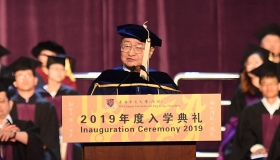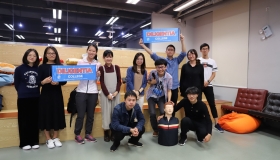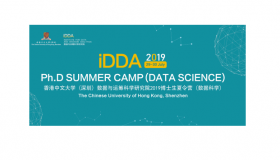Nobel Laureate Professor James J. Heckman Talks with Students and Researchers about AI and China’s Economy
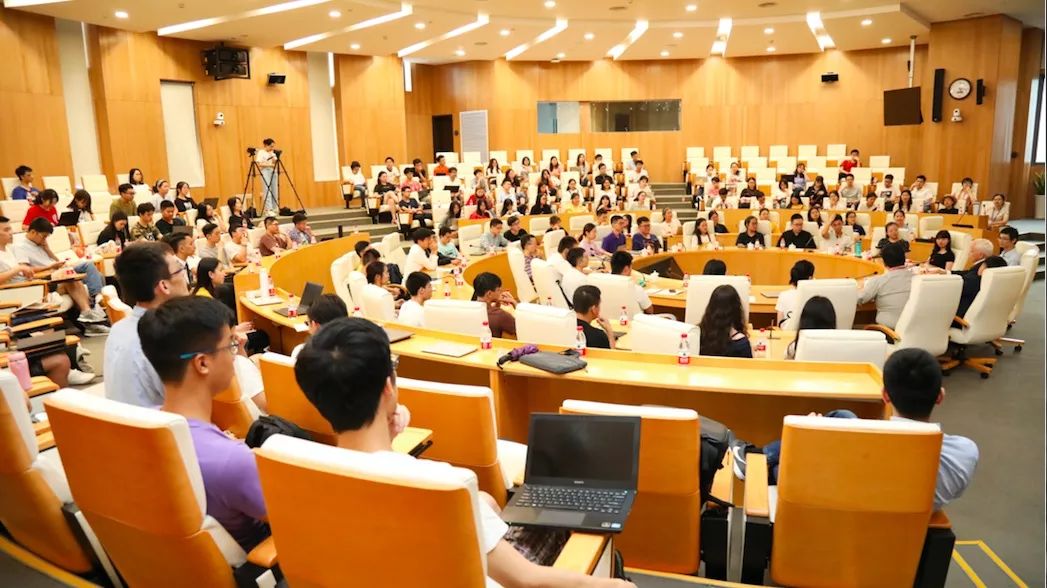
On July 12, James J. Heckman, Nobel Laureate in Economics in 2000, Professor of Economics at the University of Chicago, gave a lecture on “How AI can assist in developing effective policies for Chinese skill formation” at CUHK-Shenzhen.
Guest Introduction
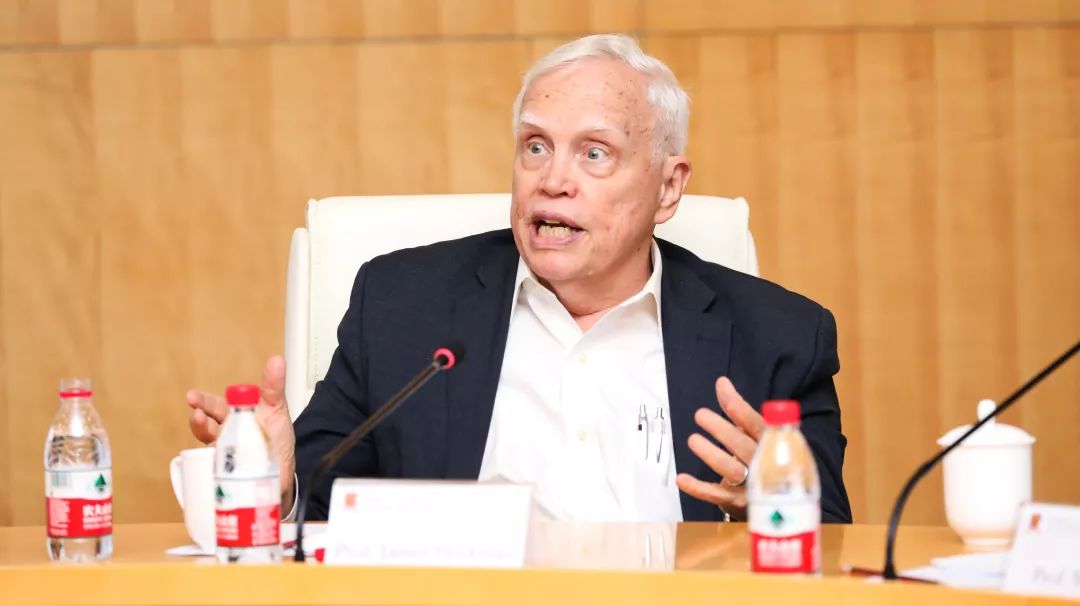
James J. Heckman
Nobel Laureat in Economics (2000)
Professor of Economics, the University of Chicago
Professor Heckman has made outstanding contributions in the field of micro-econometrics. His research in economics involves multi-sided model choices, such as social project assessment, non-continuous selection and econometric models of longitudinal data, labor market economics, and income distribution. His major academic contributions include the research on labor supply and salary decisions, duration research, and theories and methods for correcting bias in the selection of statistical data. In recent years, he has begun researching on AI in applied economics, especially in the selection bias and correction of statistical data.
About the Lecture
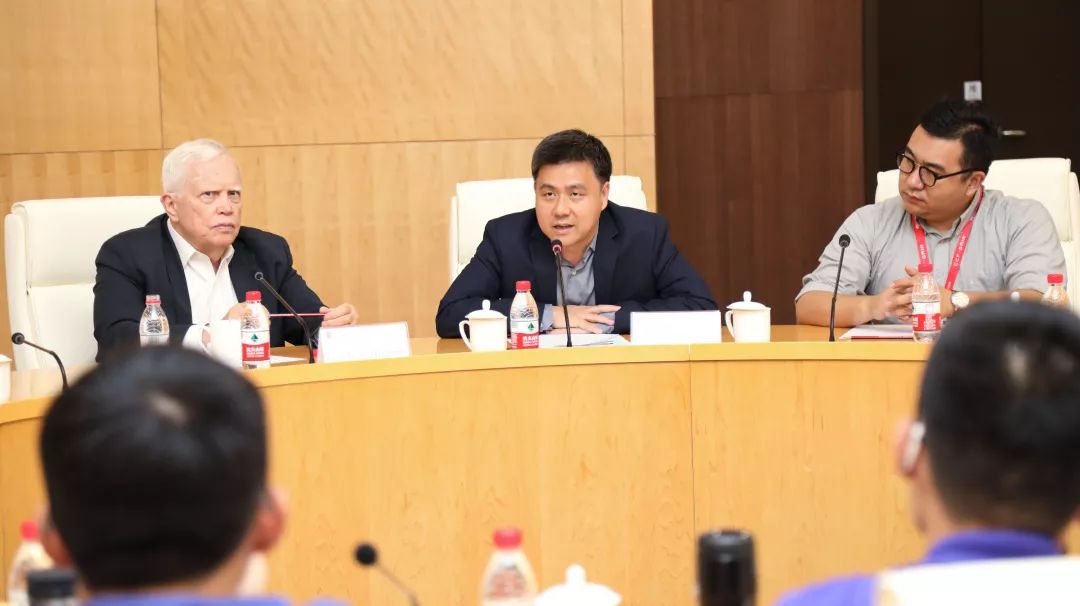
Professor Wei Xiong, Dean of the School of Management and Economics Introduced the Guest
Hosted by Professor Wei Xiong, Dean of the School of Management and Economics, this academic event provided an excellent chance for the participants to gain insights from the Nobel Laureate.
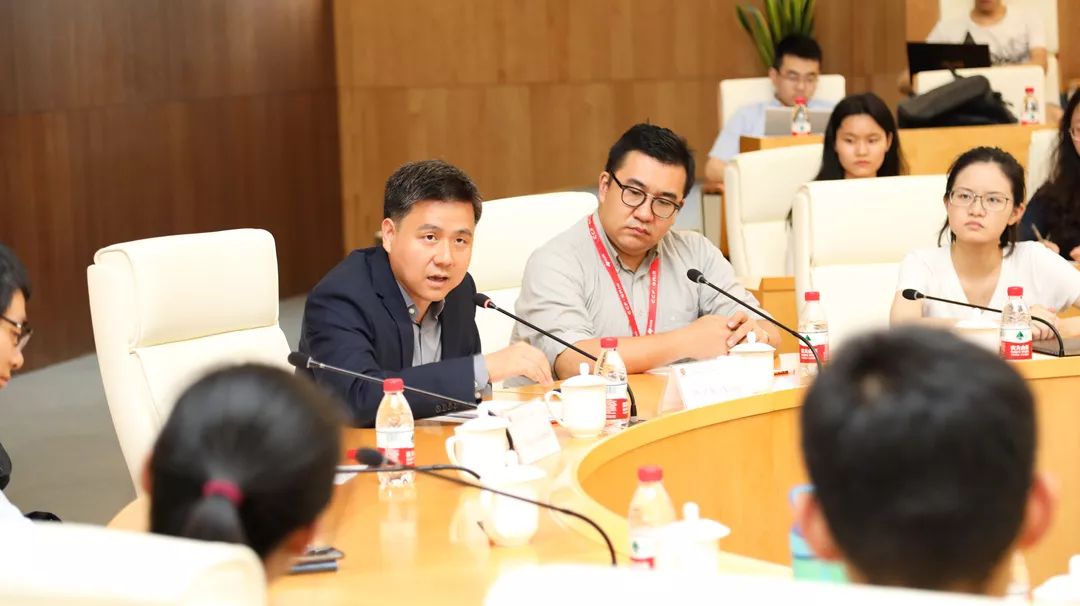
In terms of people's concern over big data privacy, Professor Heckman explains that, each country has a variety of sources of big data. It is important to collect and use this data, but using access control is necessary. In Nordic countries such as Norway and Finland, the collection of citizen's personal data is done by the government, and to obtain such data one must meet certain legal requirements. He believes that, on the one hand, the law will keep pace with the rise of Artificial Intelligence. On the other hand, the advance of technology makes it possible to disrupt the original data by means of the algorithm, hence it is difficult to attain private information of individuals.
Speaking of social development, Professor Heckman believes that economics has facilitated the development of emerging industries in the last century. For instance, the open source media, such as newspaper, played a vital role in knowledge dissemination at that time, especially for new disciplines such as biology and biophysics. As it is also the case in China, Professor Heckman analyzes the China's transformation in the last few decades from the perspectives of economics. The enormous progress in all aspects of the society, from people's living standards, per capita income, educational level to women's status, can be reflected on the increase of intergenerational elasticity.
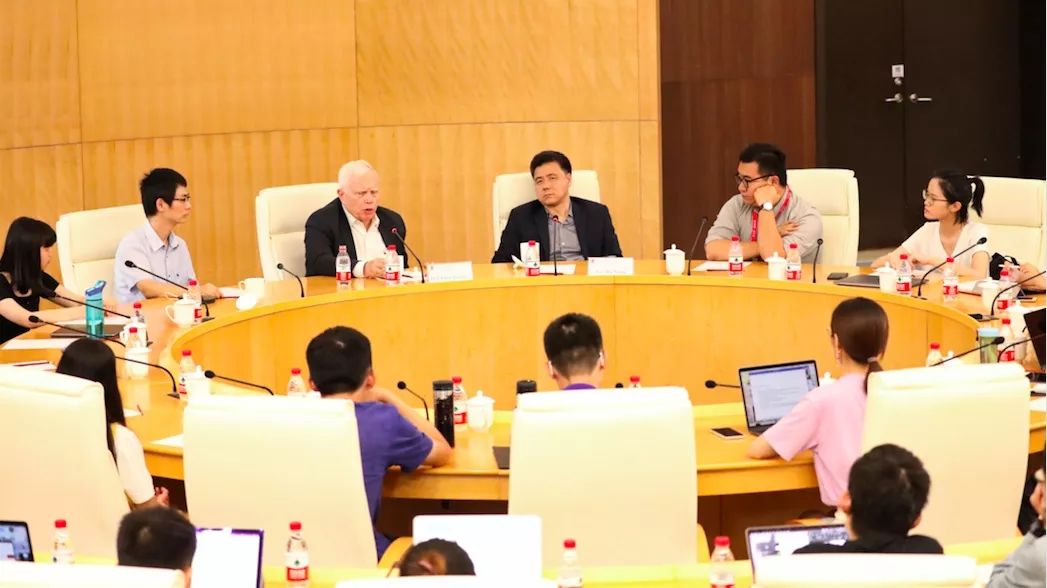
Professor James Heckman Communciated with the Students

Students and researchers present raised many questions centering on the topic, which Professor Heckman gave his valuable opinions.
He encouraged students to embrace the changes brought by the social advance and always be ready to solve new challenges. In the era of AI, what matters more than technology is the ability to tackle new problems. Blue-collar workers, after long time learning from master workers, will not only have a good command of the skills, but the capability to tackle new problems, and even the initiative to optimize the process, thus increasing efficiency. That is why the innovative ideas derived from frontline experience are essential for enterprises. It is the same for the younger generation that problem-solving ability always remains the foundation.


